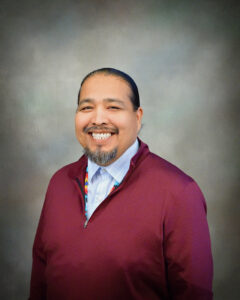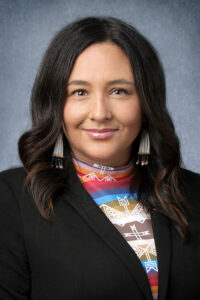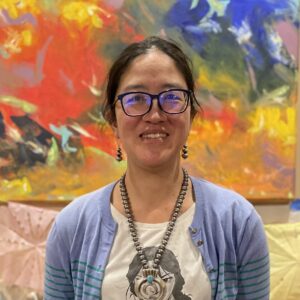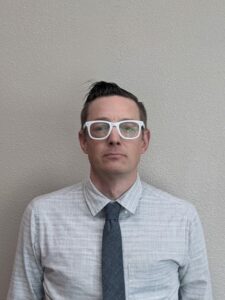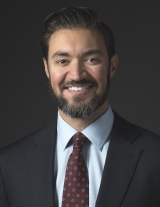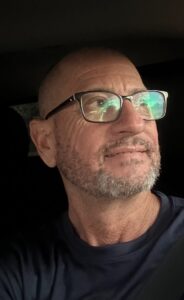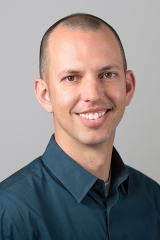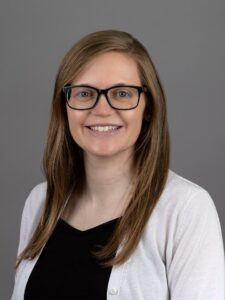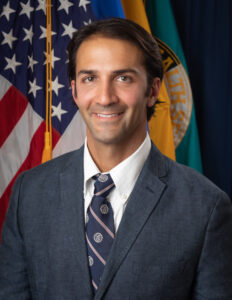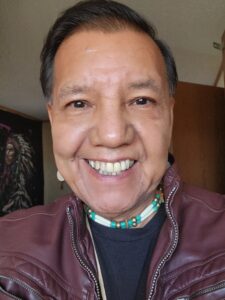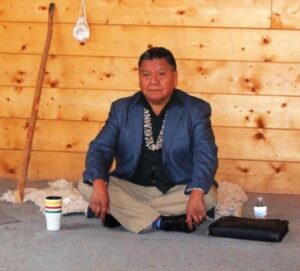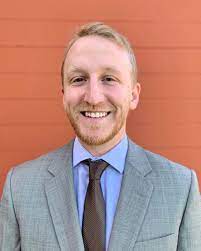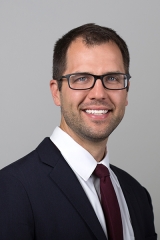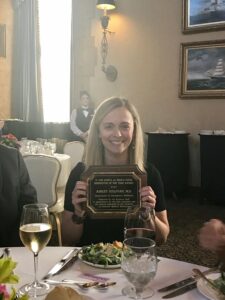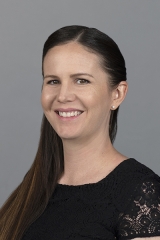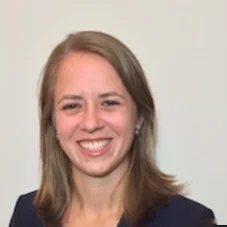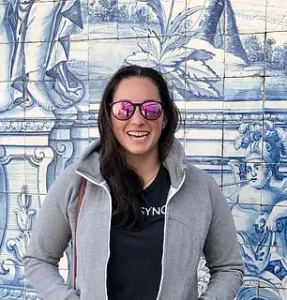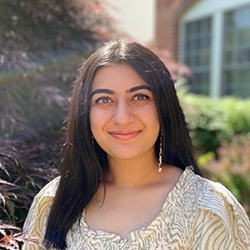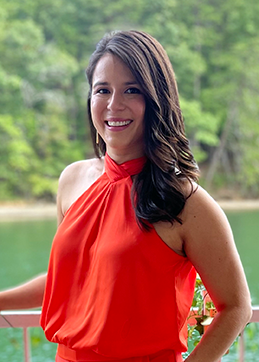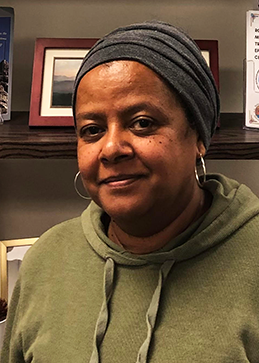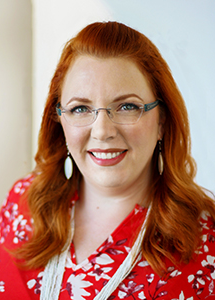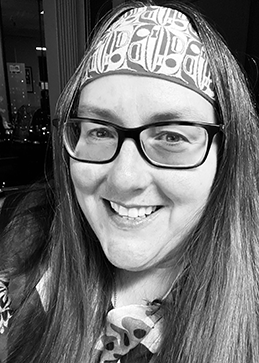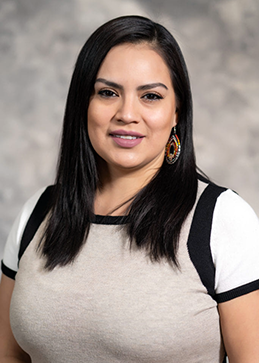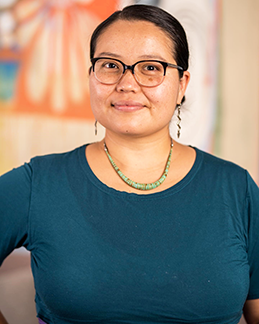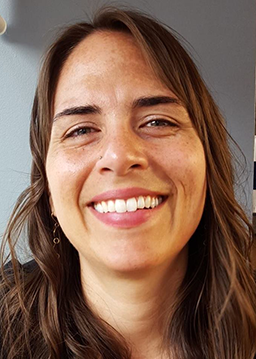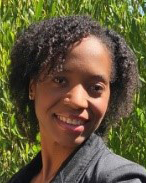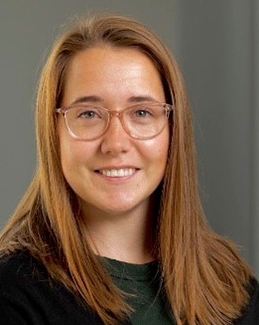NW Elders ECHO | October 11th, 2022
Date of Presentation: October 11, 2022
Type: Past Presentation
Audience: Clinical Community
Program: Elders, Knowledge Holders and Culture Keepers
Keywords: #best practices #culturally competent care #culture-based strategies #elders #indigenous knowledge #relationality #traditional indigenous knowledge
The Northwest Elders and Knowledge Keepers ECHO session took place on October 11th, 2022. In this presentation, Suzie Kuerschner discusses how traditional indigenous knowledge should be viewed as best practice in raising children, building communities, and more.
The faculty panel members for this session of the Northwest Elders, Knowledge Holders, and Culture Keepers ECHO includes:
- Jesse Beers – Cultural Stewardship Manager for CTCLUSI
- Danica Brown, PhD, MSW – Behavioral Health Program Director for NPAIHB
- Karin Dean – Behavioral Health Program Coordinator for NPAIHB
- Tanya Firemoon – NW Elders ECHO Program Coordinator for NPAIHB
- Marilyn Scott – Tribal Chair for the Upper Skagit Indian Tribe
Recording:
Presented by:
Suzie Kuerschner
Suzie Kuerschner (Haudenosaunee and Gaelic) is a Fetal Alcohol Spectrum Disorder Consultant and a Child Development Specialist, and a child and family program developer with intensive training and experience. Ms. Kuerschner’s work includes program development, assessment, intervention, parent training, and the design of learning environments for over forty-two years. Ms. Kuerschner has been an Early Intervention Specialist, special education coordinator, and program developer for schools, state, tribal, and county programs, clinics, and public and private agencies. She has developed numerous Early Childhood Education Centers, Early Intervention, Inter-agency, and Family Resource programs within the context of state, county, tribal, and community schools and treatment settings, integrating Federal, State, County, and Tribal services.
Her experience includes the development and delivery of community-based prenatal prevention programs using a Mentoring Mother’s Model. She has worked with Juvenile Justice and Adult Corrections in cognitively re-tailoring strategies and services within those settings as well as providing court and judicial assistance in designing appropriate sentencing for individuals with an F.A.S.D. She also developed a demonstration model inter-agency education-based program for adolescents and young adults involved in Juvenile Justice and Corrections which is sustainable and replicated.
Resources Provided:
- NW Elders ECHO Agenda - October 11, 2022
- NW Elders ECHO Didactic Presentation - October 11, 2022
- BHA Education Program Application
- BHA Education Program Flyer
- BHA One Pager
- Elders Mentoring Flyer
Date added: October 11, 2022

